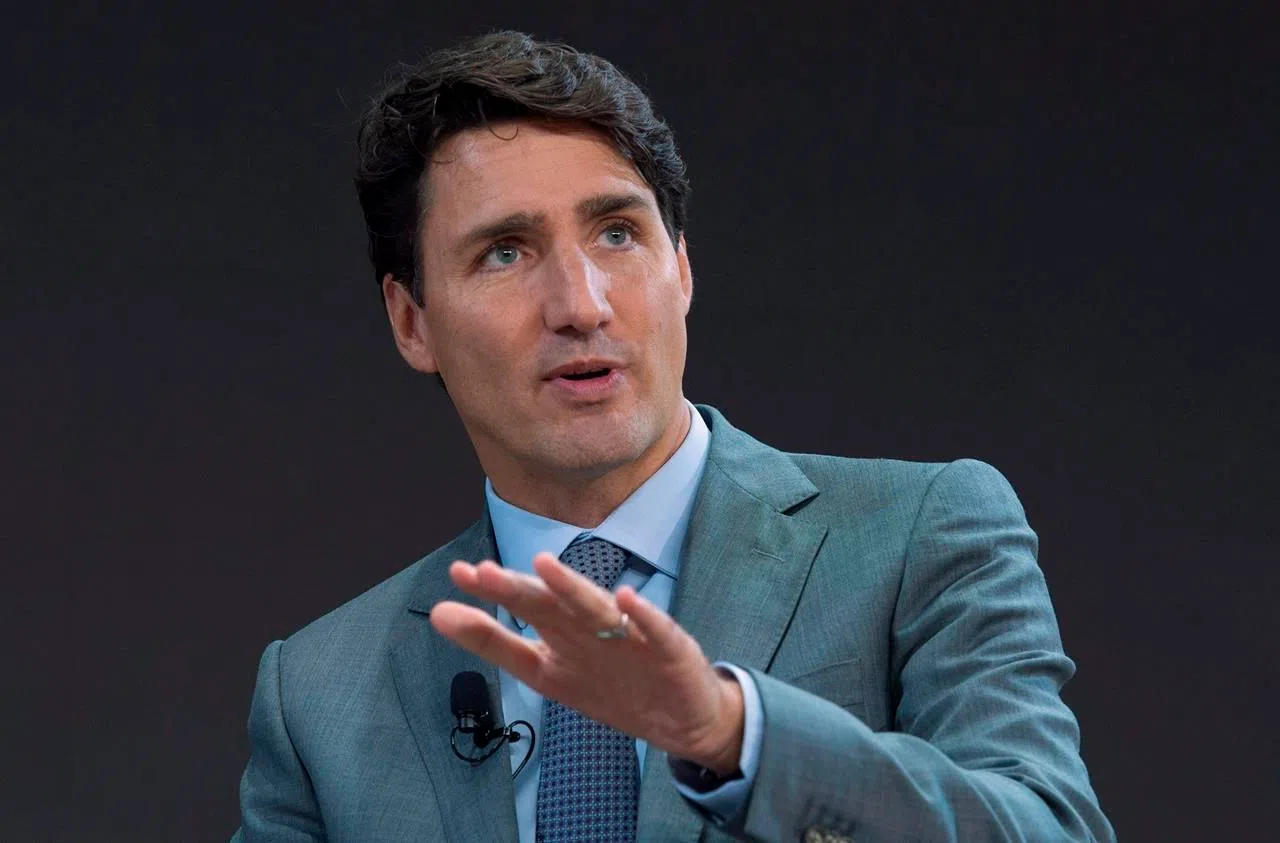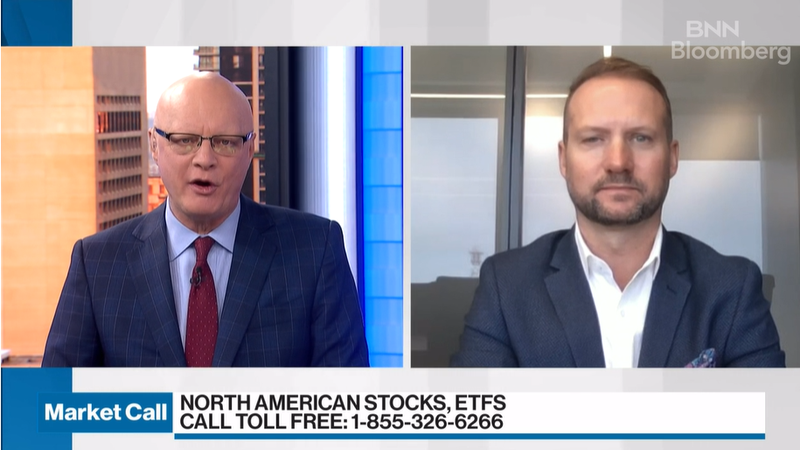
Trudeau to use United Nations speech to address Canada’s Indigenous past:source
NEW YORK — Prime Minister Justin Trudeau intends to use his speech to the United Nations General Assembly to tell a painful story about Canada’s past, the struggles of its Indigenous peoples, and the long road ahead in addressing them.
Sources say the prime minister will allude Thursday to the legacy of injustices like residential schools, with its longstanding consequences, and his government’s intentions to address them, through steps that include splitting up the Department of Indian and Northern Affairs Canada more than 20 years after it was recommended in a public commission.
“Tell the story of Canada’s past,” said one official, describing the speech.
“(It will describe) hundreds of years of injustices to Canada’s Indigenous peoples.”


